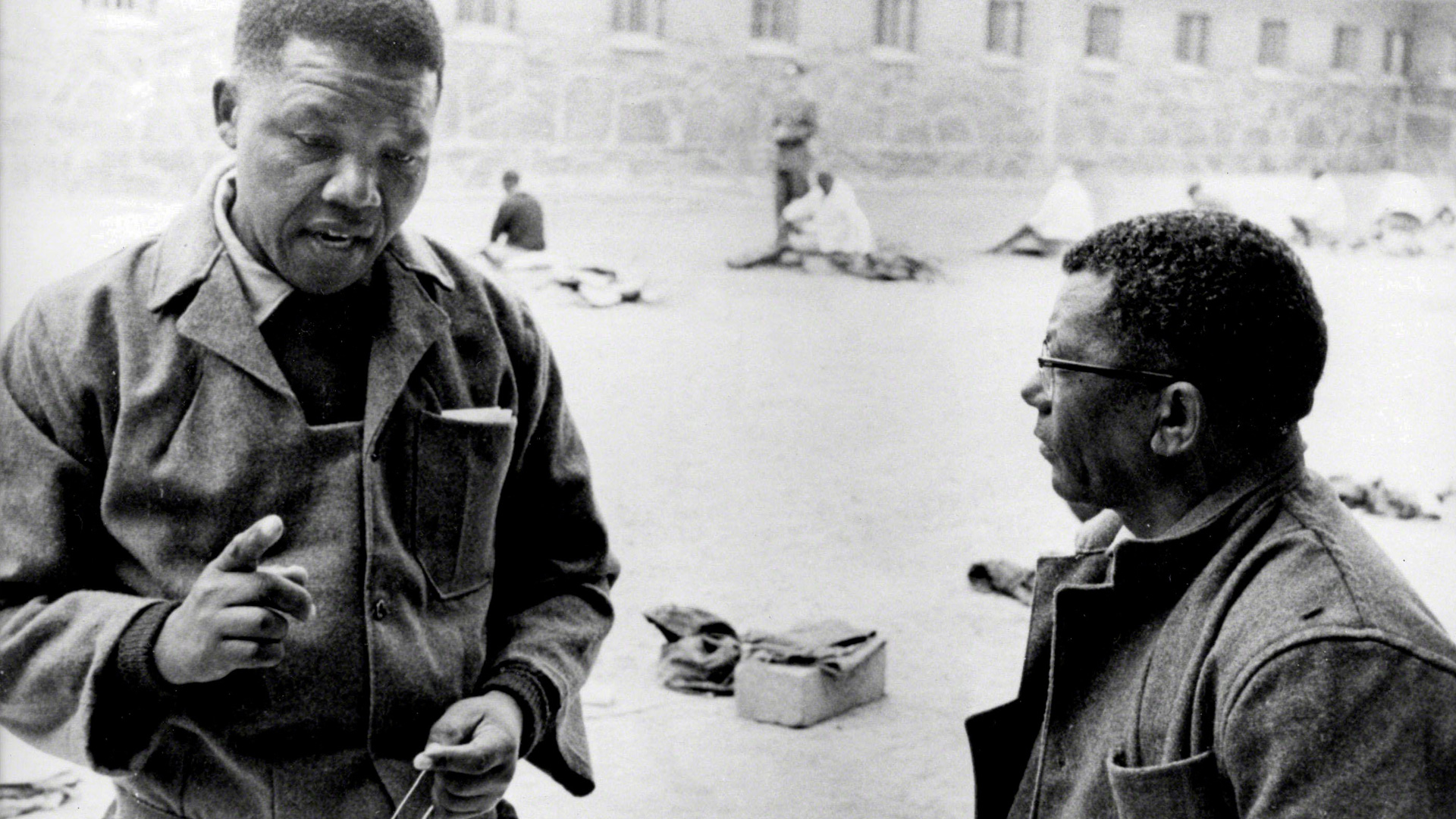Prisoner education
The University of the Cape of Good Hope (from which Unisa arose) set itself a powerful academic precedent in 1901, when it provided examining facilities to Boer prisoners of war interned on the remote Atlantic island of St Helena during the South African (Anglo–Boer) War. At the time, the University was a British imperial institution, and the Boer republicans were the Empire’s foremost opponents.
Later, a Unisa dominated by the apartheid establishment would extend — though not necessarily with zeal — its study materials and examinations to imprisoned “enemies of the state”, including Nelson Mandela, Robert Sobukwe, Ahmed Kathrada, Neville Alexander, and many others of similar calibre.
On Robben Island, apartheid South Africa’s most notorious political prison, the inmates of the 1960s established a ‘university spirit’ through discussion and debate during hard labour at the Island’s limestone quarry. They pressurised the prison authorities into honouring their right to study and eventually won. Kathrada, who in 1965 became Unisa’s first Robben Island student, wrote in his memoirs, “The single advantage of being sent to Robben Island was the education it offered.”
Today, Unisa’s commitment to open distance learning enables prisoners within South Africa’s correctional institutions to pursue higher education, and many such individuals are enrolled in Unisa’s courses.
